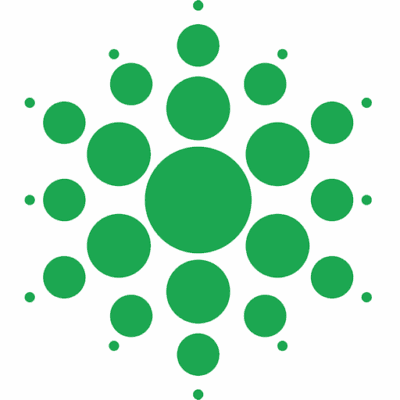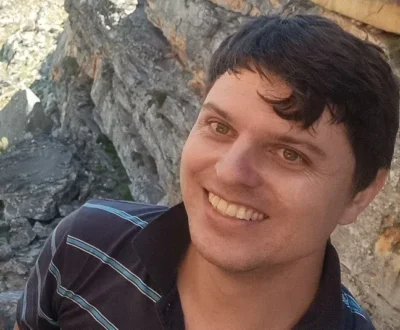The nitrilase superfamily, which includes amidases, are thiol enzymes that catalyze the hydrolysis and condensation of non-peptide, carbon-nitrogen linkages. The mechanism of action of these enzymes remains unknown – but substantial insight has been gained from our studies of the closely related amidases. All the enzymes have a structurally conserved active site grouping comprising two glutamates, a lysine, and a cysteine. All postulated mechanisms involve covalent modification of the cysteine. Such covalently modified amino acids cannot be modelled by the best available modelling tools used in the field. I have developed a procedure that enables optimization of these amino acids using the Interactive Structure Optimization by Local Direct Exploration (ISOLDE) package incorporated in UCSF ChimeraX. In addition to coordinates that conventional docking programs rely on, ISOLDE employs electron density to minimize protein structures. Application of my protocols to the nitrilases has afforded substantial insight that potentially eliminates some mechanistic proposals.
Modelling the covalent intermediates of the nitrilase superfamily
—
Abstract
Speaker
Dr Dewald P. van Heerden
University of Cape Town (Dept of Integrative Biomedical Sciences)
About
Dewald P. van Heerden completed his PhD in 2020 under the supervision of Leonard Barbour at the University of Stellenbosch with the project titled Computational Assessment and Visualization of Guest Inclusion in Porous Crystalline Materials. Soon thereafter, he joined the Structural Biology Research Unit at the University of Cape Town as a postdoctoral research fellow under the mentorship of Trevor Sewell. His current research interests are focused on the computational elucidation of the reaction mechanisms of the nitrilase superfamily.
Selected recent publications
RSVP to this event
About
The Biophysics in Africa Monthly Colloquium Series is a joint project of the African Light Source Foundation (AfLS), African Physical Society (AfPS), and the South African Institute of Physics (SAIP). SAIP is an adhering body of the International Union of Pure and Applied Biophysics (IUPAB). The colloquia are always on the last Wednesday of every month. In addition to participation by students and colleagues worldwide, we invite speakers from around the globe as well. For more information please feel free to contact us at colloquium.series@africanbiophysics.org

